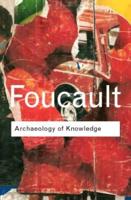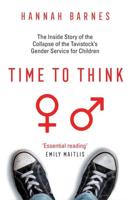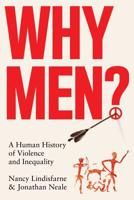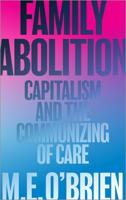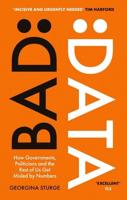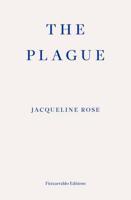Publisher's Synopsis
This exploration of the texture of contemporary Polish-Jewish relations has its origins in the author's haunting experience of growing up Polish and Jewish in Warsaw in the 1960s. It began with questions about silence: the silence of Jewish parents and the silence of once-Jewish towns, the silence in Auschwitz and the silence about anti-Semitism. But when the author went to Europe in 1983 to work on the project that resulted in this book, Poland was in the midst of preparation for a grand commemoration of the Warsaw Ghetto uprising. From all parts of the political spectrum came calls to remember and to honor Polish Jews, to reexamine and to reassess the past. In effect, Poland was inviting the Jew into its household of memories. What did such an invitation mean? And what accounted for the timing?
This vividly written account of the people, the politics, the goals, and the obstacles behind words of remembrance in Poland is an example of cultural sociology at its best. The author draws on a combination of textual readings, interviews, and historical analyses. The book's main strength, is its continuous dialogue between analyst and insider, between knowledge and experience. Into a field where cognitive and emotional imprints make all the difference, the author brings unique appreciation of the power they hold; she has shared them. Into a field where partisanship -so often passes for objectivity, she brings openly stated commitment. And into a field where particularism of concerns so often deadlocks understanding, she brings much-needed broadening of vision.
Students of modern Jewish history will find this volume an informative analysis of the past and present roles assigned to the Jew in Poland. Students of contemporary Poland will find new perspectives on its struggles for a democratic society. And for those concerned with how one reconciles one's self and one's history, Neutralizing Memory offers an empirically based reflection on the construction and deconstruction of remembrance.






